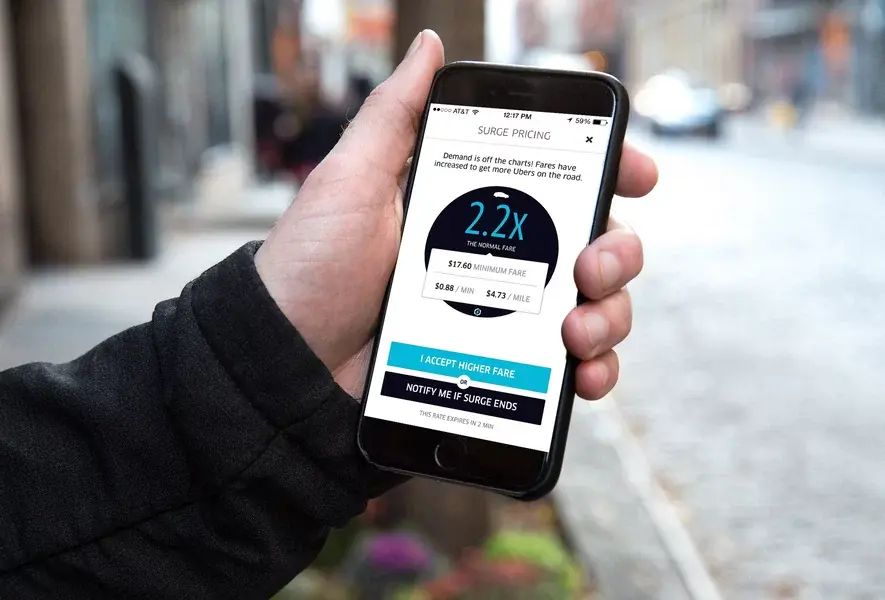How Airbnb Made Strangers Trust Each Other
- sambeet parija
- Apr 11, 2025
- 3 min read

In 2011, a cousin of mine tried to convince his friend to use this new startup to book his stay in Berlin. It wasn’t a hotel, it wasn’t even a hostel, it was a random guy’s spare room. His friend looked at him like he was pitching a scam. "You want me to pay someone I don't know to sleep in their house? What if he stabs me in my sleep?"
This was the general sentiment around platforms like Airbnb back then. The idea of staying in a stranger's home felt, frankly, insane. Hosting someone? Even crazier. But that insanity was where one of the most powerful business shifts of the decade took root.
The problem wasn’t the product. It was trust. And trust, as I learned while building my own startup years later, doesn’t scale easily.
Building Trust Before the Transaction
At the heart of the early home-sharing platforms was a wild bet: that people could be persuaded to trust complete strangers. To pull this off, Airbnb didn’t just build a booking platform, they built a trust infrastructure. Verified IDs. Reviews. Profile pictures. Host guarantees. Customer support that picked up the phone. Brian Chesky once said,
Design is not just what it looks like and feels like. Design is how it works. We designed trust into our product.
In my experience, these signals mattered less individually and more collectively. When you saw a host with 10 positive reviews, a warm bio, and professionally photographed rooms, you didn’t think "total stranger." You thought, "this could work."
Making the Transactions Feel Safe
Beyond emotional assurance, Airbnb also tackled the financial side of trust. They acted as an escrow agent, holding payment from the guest until 24 hours after check-in before releasing it to the host. This simple mechanism drastically reduced the perceived risk on both sides. Guests could rest easy knowing they wouldn't be scammed out of a night’s stay, and hosts could be confident they'd be paid for legitimate bookings.
The platform also used secure payment processing and encrypted user data, signaling a level of professionalism on par with major e-commerce players. Every transaction came with receipts, support, and terms clearly spelled out. And if something went wrong, both sides had recourse through Airbnb’s dispute resolution system.
This approach built a financial infrastructure around trust, not just hospitality. And it taught me that even in peer-to-peer platforms, you need the rigor of enterprise-grade security to win hearts and wallets.
The Psychological Hurdle
Trust isn’t logical; it’s emotional. Which means the pitch wasn’t about saving money or getting a better location. It was about making people feel safe. Airbnb's early success came from obsessive attention to these emotional triggers. When they introduced a $1 million host guarantee, they weren't just protecting property, they were buying peace of mind.
I saw this again and again as we tried to onboard users to our platform. No one wants to be the first. And no one wants to feel foolish. You have to show them that someone like them has done this before and lived to tell the tale.
Turning Hosts into Evangelists
One thing I admire about Airbnb’s early growth strategy was how much they leaned into host empowerment. Instead of treating hosts like supply-side cogs in a machine, they treated them like partners. Community meetups, local ambassadors, even early profit-sharing experiments. These were not just growth hacks, they were acts of social engineering. They helped turn wary homeowners into proud evangelists.
When we were scaling our company, I found the same principle to be true: your first few suppliers (or hosts, or sellers) are not just users. They are culture carriers. The way you treat them sets the tone for everything that follows.
Brian Chesky reflected on this by saying, "We didn’t just need to build a platform. We needed to build a community."
The Leap Becomes the Norm
By 2015, the crazy idea of sleeping in a stranger’s house started to feel not only normal but even preferable. And yet, I always reminded my team: never forget how strange it felt in the beginning. Because if you want to build something truly disruptive, you’re going to have to make people do things that feel unnatural at first.
And when they hesitate, it’s not because they don’t understand the utility. It’s because they don’t feel safe. Your job, as a founder, is to fix that feeling.
Sometimes, the biggest moat isn’t technology or pricing. It’s trust. And trust, unlike code, is handcrafted.




Comments